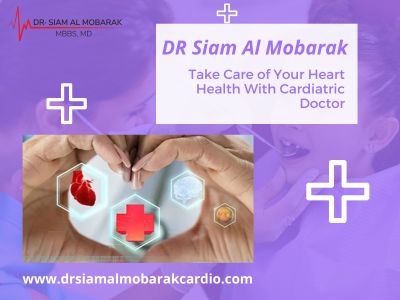Cardiovascular disease (CVD) is a broad term encompassing a range of conditions that affect the heart and blood vessels. As one of the leading causes of death worldwide, understanding cardiovascular disease is crucial for early detection and prevention. Whether you’re concerned about your heart health or seeking professional guidance, timely cardiovascular care can make all the difference.
Types of Cardiovascular Disease
There are several common types of CVD:
-
Coronary Artery Disease (CAD): Caused by plaque buildup in the arteries, leading to reduced blood flow to the heart.
-
Heart Failure: When the heart can’t pump blood effectively.
-
Arrhythmias: Irregular heartbeats that can be too fast, too slow, or erratic.
-
Stroke: Occurs when the blood supply to the brain is interrupted or reduced.
-
Peripheral Artery Disease (PAD): Affects blood flow to the limbs, usually the legs.
Each of these conditions can significantly impact your quality of life if not managed with proper cardiovascular care.
Causes of Cardiovascular Disease
Several risk factors contribute to the development of CVD:
-
High blood pressure
-
High cholesterol
-
Smoking
-
Obesity
-
Diabetes
-
Sedentary lifestyle
-
Unhealthy diet
-
Excessive alcohol use
Genetic predisposition and age also play a role in increasing your risk.
Common Symptoms
Symptoms of cardiovascular disease vary depending on the specific condition but often include:
-
Chest pain or discomfort
-
Shortness of breath
-
Fatigue
-
Palpitations
-
Swelling in the legs, ankles, or feet
-
Sudden numbness or weakness, particularly on one side of the body (stroke symptom)
If you experience any of these symptoms, consult a cardiovascular doctor promptly to prevent further complications.
Take Charge of Your Heart Health
Preventing and managing cardiovascular disease starts with regular check-ups, a heart-healthy diet, regular exercise, and timely medical intervention. Don’t wait for symptoms to appear—prioritize cardiovascular care today for a healthier tomorrow.
